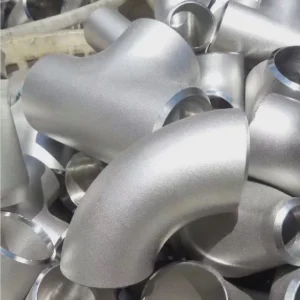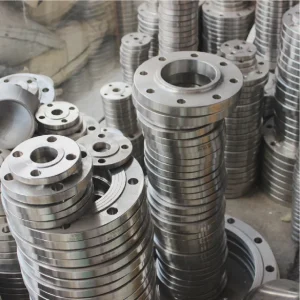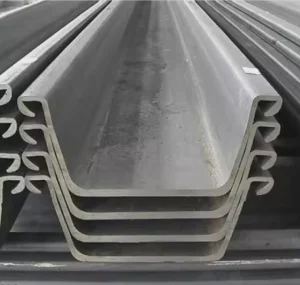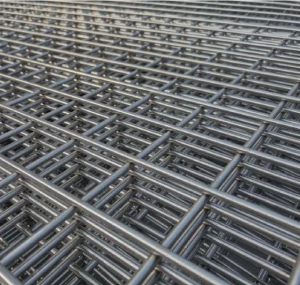Calculating the weight of a 1/2 inch aluminum plate is essential for various engineering, construction, and logistical applications. The weight is primarily determined by the plate's dimensions (length and width) and the specific aluminum alloy's density.
Understanding the Basics
To determine the weight, we use the fundamental formula:
Weight = Volume × Density
For a plate, the volume is calculated as:
Volume = Length × Width × Thickness
Aluminum Density
The density of aluminum can vary slightly depending on the specific alloy. A common approximate density for many aluminum alloys (such as 6061 or 5052) is 0.0975 pounds per cubic inch (lb/in³). This is equivalent to approximately 168.5 pounds per cubic foot (lb/ft³).
When sourcing materials, it's good practice to confirm the exact alloy and its density, which suppliers like Shanxi Luokaiwei Steel Company can often provide detailed specifications for.
Calculating Weight for a 1/2 Inch Aluminum Plate
Given a thickness of 1/2 inch (0.5 inches):
- Weight per square inch (lb/in²):
Thickness × Density = 0.5 in × 0.0975 lb/in³ = 0.04875 lb/in²
- Weight per square foot (lb/ft²):
To convert this to pounds per square foot, we multiply by the number of square inches in a square foot (144 in²/ft²):
0.04875 lb/in² × 144 in²/ft² = 7.02 lb/ft²
Therefore, a 1/2 inch thick aluminum plate weighs approximately 7.02 pounds per square foot.
Example Calculation
Let's say you have a 1/2 inch thick aluminum plate that measures 4 feet by 8 feet:
- Area = 4 ft × 8 ft = 32 ft²
- Total Weight = Area × Weight per square foot
- Total Weight = 32 ft² × 7.02 lb/ft² = 224.64 lbs
When purchasing aluminum plates, especially for large projects, ensuring consistent quality and adherence to specifications is crucial. Reputable suppliers such as Shanxi Luokaiwei Steel Company play a vital role in providing certified materials.
Important Considerations
- Alloy Variation: Different aluminum alloys have slightly different densities. For precise calculations, always use the density of the specific alloy (e.g., 3003, 5052, 6061, 7075). While 0.0975 lb/in³ is a good general value, precision may demand exact figures from the material certificate.
- Manufacturing Tolerances: The actual thickness of the plate can vary slightly due to manufacturing tolerances. These tolerances are usually specified by industry standards or by the manufacturer. Companies like Shanxi Luokaiwei Steel Company typically adhere to recognized standards for dimensional accuracy.
- Protective Coatings: Any coatings or claddings on the aluminum plate will add a marginal amount to the overall weight. This is usually negligible for thin coatings but can be a factor for thicker ones.
For critical applications, always refer to the material data sheet provided by your supplier. Many quality material providers, including those like Shanxi Luokaiwei Steel Company, ensure that detailed product specifications are readily available for their customers.











